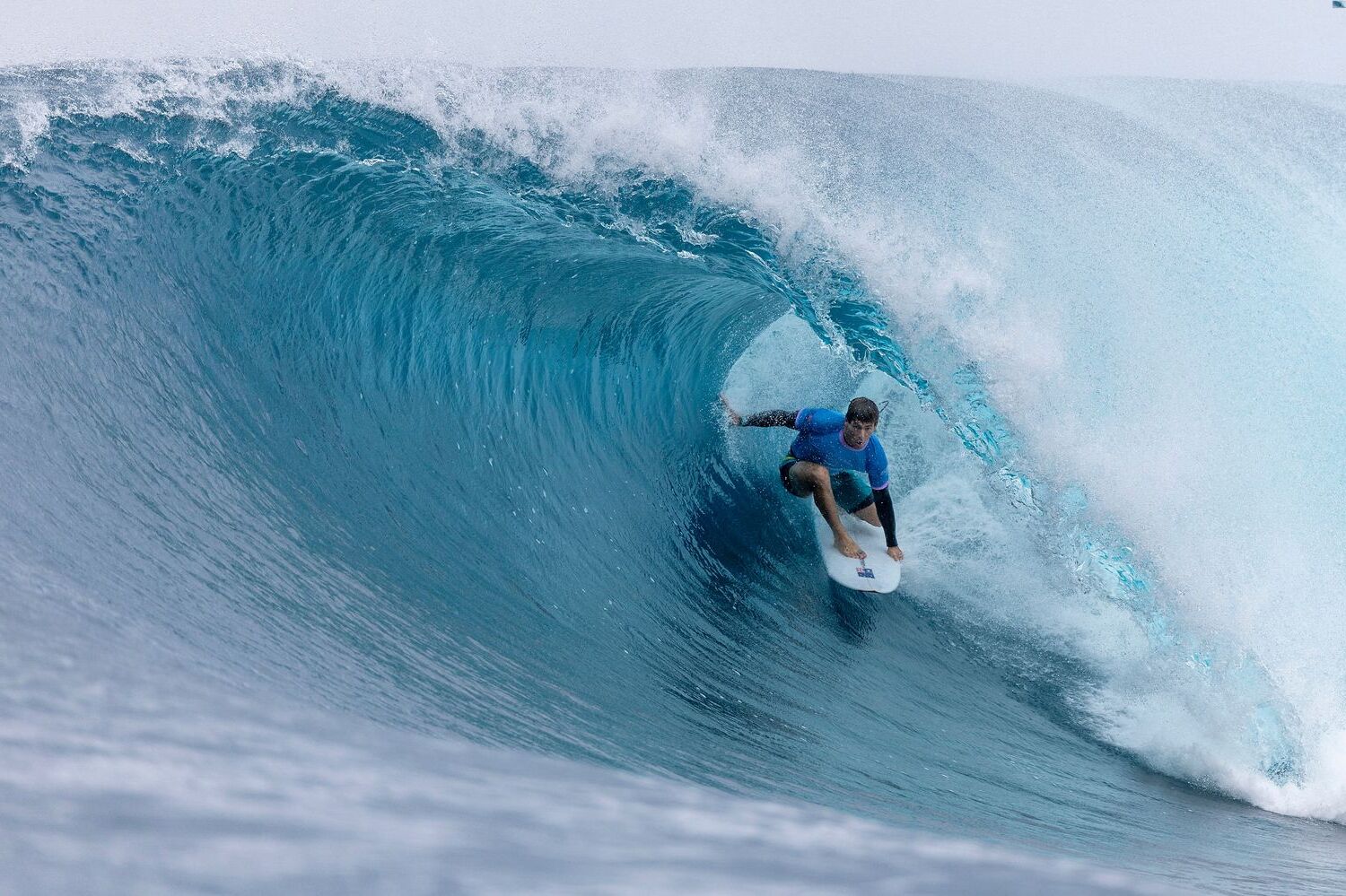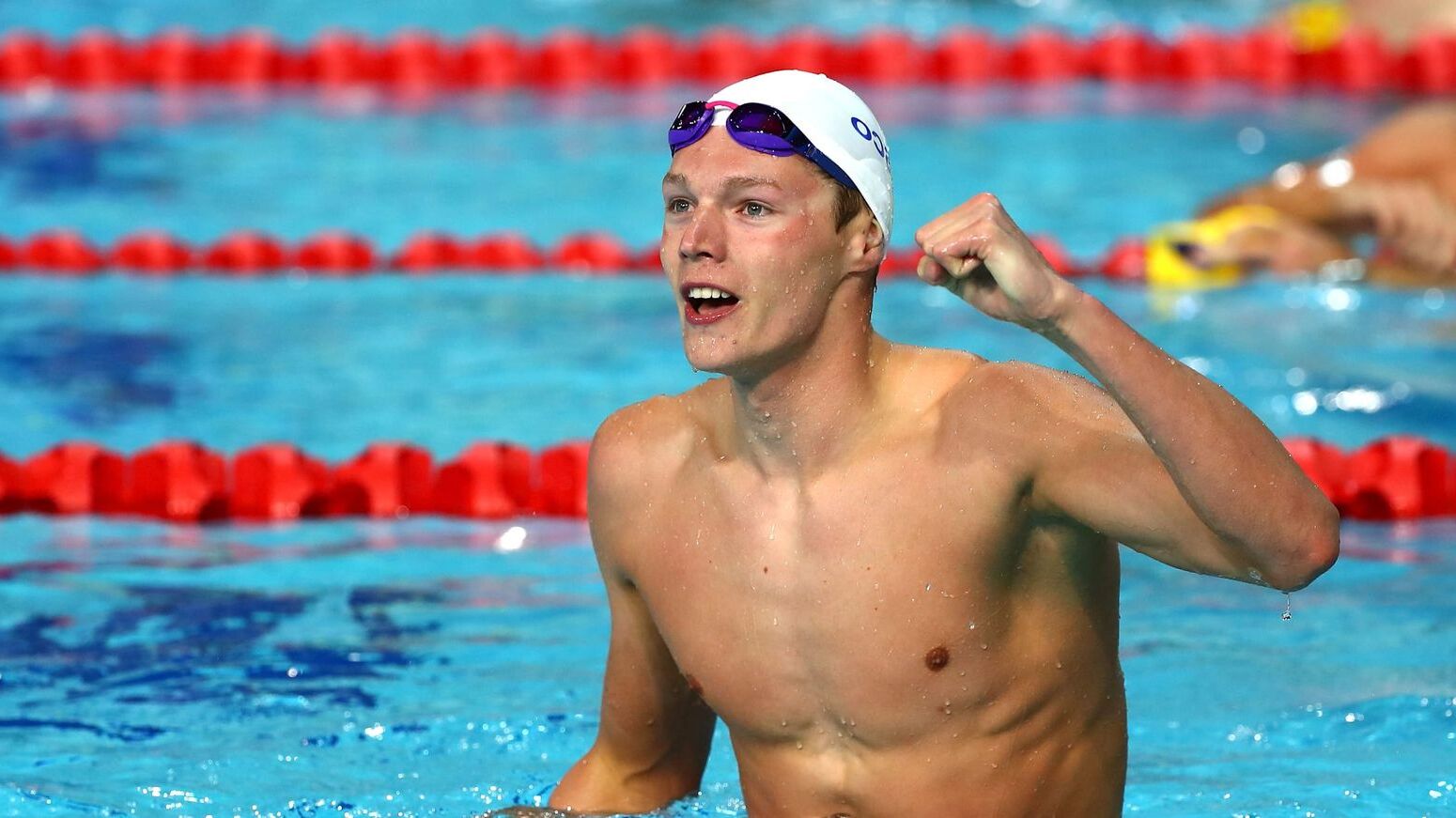
Did you know surfing made its Olympic debut in 2021? This thrilling sport, born from ancient Polynesian culture, finally caught the Olympic wave in Tokyo. Surfing in the Olympics brings a unique blend of athleticism, artistry, and a deep connection to nature. Athletes ride the waves, showcasing their skills in shortboard events. The competition takes place in natural ocean settings, making each ride unpredictable and exciting. With its inclusion, surfing has gained global recognition, inspiring new generations to hit the waves. Ready to learn more? Here are 15 fascinating facts about surfing in the Olympics that will make you want to grab a board and catch a wave!
Surfing Makes Its Olympic Debut
Surfing, a sport deeply rooted in beach culture, made waves by joining the Olympic Games. Here are some fascinating facts about surfing's Olympic journey.
-
Surfing was included in the Olympics for the first time in Tokyo 2020. This marked a significant milestone for the sport, which has a rich history dating back centuries.
-
The competition took place at Tsurigasaki Beach in Chiba, Japan. This location was chosen for its consistent waves and proximity to Tokyo.
-
Surfing's Olympic debut featured two events: men's shortboard and women's shortboard. Each event showcased the agility and skill of the world's best surfers.
The Athletes and Their Journey
The surfers who competed in the Olympics had to go through rigorous qualifications and training. Here are some interesting tidbits about these athletes.
-
A total of 40 surfers competed in the Tokyo 2020 Olympics, with 20 men and 20 women representing their countries. This ensured a diverse and competitive field.
-
Surfers had to qualify through the World Surf League Championship Tour, the ISA World Surfing Games, and continental competitions. This multi-tiered qualification process ensured only the best made it to the Olympics.
-
Carissa Moore from the USA and Italo Ferreira from Brazil won the first-ever Olympic gold medals in surfing. Their victories were celebrated worldwide and highlighted their exceptional talent.
The Unique Challenges of Olympic Surfing
Surfing in the Olympics presented unique challenges that set it apart from other sports. Here are some of the key factors that made it special.
-
Unlike most Olympic sports, surfing relies heavily on natural conditions. The waves at Tsurigasaki Beach varied, adding an element of unpredictability to the competition.
-
Judges scored surfers based on the difficulty and execution of maneuvers, wave selection, and overall performance. This scoring system required a keen eye and deep understanding of the sport.
-
Each heat lasted 20 to 35 minutes, during which surfers could catch as many waves as possible. Their two highest-scoring waves determined their final score.
The Impact of Surfing's Olympic Inclusion
The inclusion of surfing in the Olympics had a significant impact on the sport and its community. Here are some ways it made a difference.
-
Surfing's Olympic debut brought increased visibility and recognition to the sport. This exposure helped attract new fans and participants.
-
The Olympics provided a platform for surfers to showcase their skills on a global stage. This opportunity was especially important for athletes from countries with less established surfing cultures.
-
The event highlighted the importance of ocean conservation. Many surfers used their platform to advocate for environmental protection and sustainable practices.
Future of Surfing in the Olympics
With its successful debut, surfing is set to continue as an Olympic sport. Here are some insights into what the future holds.
-
Surfing will be included in the Paris 2024 Olympics, with the competition taking place in Tahiti. This location is known for its powerful waves and stunning scenery.
-
The sport's inclusion in the Olympics is expected to inspire the next generation of surfers. Young athletes now have the dream of competing on the world's biggest stage.
-
The continued presence of surfing in the Olympics will likely lead to further advancements in the sport. Innovations in equipment, training methods, and competition formats are expected to emerge.
Catching the Final Wave
Surfing's inclusion in the Olympics has brought a fresh wave of excitement to the sport. From its roots in ancient Polynesia to its modern-day global appeal, surfing has captivated audiences worldwide. The Olympic stage has given surfers a platform to showcase their skills and passion, inspiring a new generation of wave riders.
The competition format, judging criteria, and the unique challenges of surfing in different locations add layers of complexity and intrigue. Athletes must adapt to ever-changing conditions, making each ride unpredictable and thrilling. This dynamic nature of surfing sets it apart from many other sports.
As we watch surfers carve through waves, we witness not just athletic prowess but also a deep connection with nature. The Olympic surfing events remind us of the beauty and power of the ocean, encouraging us to respect and protect our natural environment. Surfing in the Olympics is more than a competition; it's a celebration of the sport's rich history and vibrant future.
Was this page helpful?
Our commitment to delivering trustworthy and engaging content is at the heart of what we do. Each fact on our site is contributed by real users like you, bringing a wealth of diverse insights and information. To ensure the highest standards of accuracy and reliability, our dedicated editors meticulously review each submission. This process guarantees that the facts we share are not only fascinating but also credible. Trust in our commitment to quality and authenticity as you explore and learn with us.


